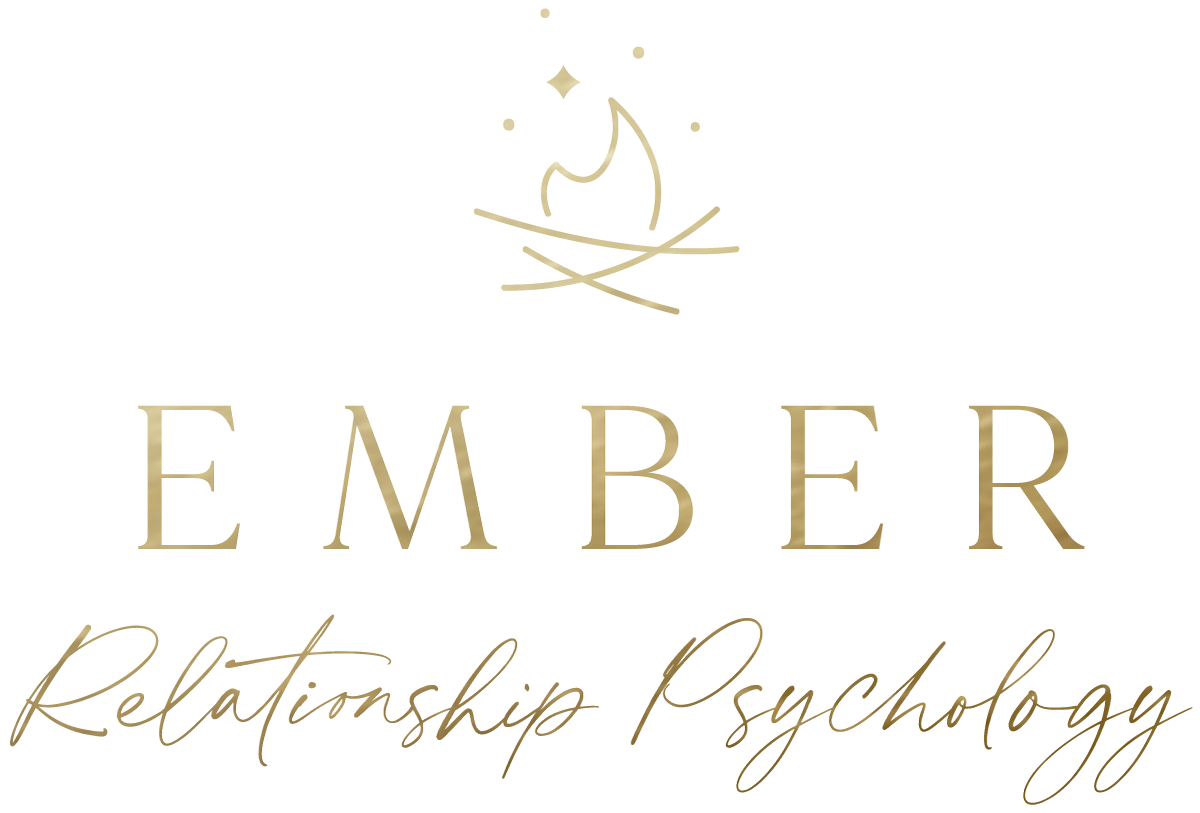Debunking Dependency
by Amber Dalsin, M.Sc., C.Psych.
How to Get from Needy to Independent
When couples come to therapy, many partners tell me they wish their partner was more independent. They are perplexed because the more they tell their partners to be independent and shrug off their complaints, the needier they become.
“But if you tame me, then we shall need each other.” - Antoine de Saint-Exupéry, The Little Prince
Dependency Myths
Myth 1: The Self-Love Cure
Maybe if you appreciated yourself, you wouldn’t need me all the time.
A common relationship myth claims if you love yourself enough, you won't be needy. Not accurate. In fact, relationship science tells us that when you find a mate, you attach to them. Your nervous systems begin to regulate together, hormones are produced together, and basically your lives become intertwined. It's almost impossible to become totally independent when you partner with someone, and it wouldn't necessarily be good for you.
Being kind and compassionate to yourself is a good thing, and I think we can all use a little self-love in our lives, but it is not a cure for dependency.
Myth 2: Dependency Is Unhealthy in Relationships
Another myth is that dependency is an entirely bad thing.
Helping you just makes you helpless.
What if the closer you felt in your relationship, the more secure you felt? And the more secure you felt, the more independent, self-confident, and freer you could be? That sounds counterintuitive. Interestingly, that's the way it works.
“Give the ones you love wings to fly, roots to come back and reasons to stay.” – Dalai Lama XIV
Being Home
When you're in a relationship and your partner makes you feel safe, secure, and loved, it feels like home. It allows you to go out into the world and do more, challenge yourself, leap farther, because there is a safety net in place ready to catch you if you fall.
And as you jump farther and try new things, you have someone to delight in your experience, someone that's interested in your inner world. Having a safe base that you feel confident springing off is exactly why dependency is a good thing.
The Dependency Paradox
The danger of dismissing needs as dependence and dismissing dependence as negative, is that it denies that the partner has needs, and starves them of emotional connection.
Here's a secret: your partner is whining because their needs aren't being met. In meeting their needs and providing a haven for them, your partner could actually become more independent.
That’s the dependency paradox. The more our needs are met by our partner and not seen as needy, the less needy we will be.
Getting Your Needs Met
Here's a catch that I often see in couples therapy: Someone needs something from their partner, but rather than approach them gently they’ll say something unhelpful-a clipped remark, blame, or a harsh tone that puts up their partner’s defences.
We can help our partner meet our needs by making it more approachable. When you're upset, this is a really hard thing to do.
Calming Down
Because it's so hard, I created 50 Strategies to Calm Anger and Anxiety to help you generate a custom relaxation plan for when you're upset. This guide will help you collect your thoughts and regulate your emotions so that you can go to your partner in a way that increases the chances they’ll hear you and respond affectively.
Improved emotional regulation will keep difficult conversations feeling safe. Download your copy of 50 Strategies to Calm Anger and Anxiety.
Happy and Dependent
You and your partner can be more independent and active by embracing dependency and being supportive. It’s that paradox, the more we feel supported, the more we can do. The more the needs are met, the less needy we will be.
This blog is not meant to be a substitute for couples therapy or relationship counselling. This should not be construed as specific advice. See a relationship therapist in your area to address your specific problems.


